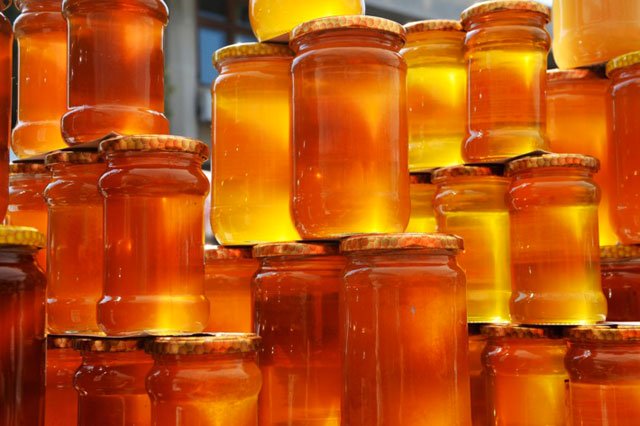
The memorandum of understanding (MoU) was signed on Friday by the PARC Chairman Dr Azeem Khan and the Islamabad Mayor Sheikh Anser Aziz after a meeting at the mayor’s office in Islamabad.
Under the agreement, PARC will transform waste of trees and other natural sources into manure and supply it to the IMC and other purchasers in the country.
During the ceremony, Aziz said that IMC collects a huge amount of waste which is generated by the city daily. This waste, he said, can become productive for the city and something which blights the appearance of the city can instead be used to beautify it.
“The manure produced by PARC will help us beautify the federal capital when planting trees in parks and along the roads,” the mayor said.
He added that the local government was doing its best to ensure a clean and green federal capital.
PARC Chairman Dr Azeem said that the incumbent government is paying particular attention to agricultural development and many agricultural programmes are being personally monitored by Prime Minister Imran Khan.
The manure developed from fallen tree leaves and other sources will not only be sufficient to meet the needs of the federal capital but also in other parts of the country as well, he explained.
Moreover, per the MoU, PARC will provide technical cooperation to IMC for managing honeybee colonies for producing honey in the Margalla Hills.
“We want to use the plants and trees, growing on the Margalla Hills, to breed honeybees and produce honey,” said the PARC chairman.
The PARC will also help in harvesting, extracting, quality testing, packing and labelling of the honey which will be sold under the brand of Margalla Hills and thereafter it will be offered in the market through PARC-Agro Tech Company.
This will not be PARC’s first foray into honey production. “We were producing honey from NARC but if the Margalla Hills can host beehives, we can produce a very large quantity of honey,” he said.
The PARC will also assist in capacity building of the Margalla community in beekeeping, thereby providing employment to residents of thee areas.
In this regard, the council will provide a demonstration apiary at Margalla Hills for the community to raise awareness about beekeeping for quality honey production, free pollination services of bees to enhance the quality and quantity of fruits, vegetables and biodiversity conservation.
PARC will also provide two trainings of beekeeping during the year to 32 settlements in the national park. The participants of the training will be gathered by the IMC.
The IMC, for its part, will provide space for placement of honeybee colonies for increased honey production and help in the conservation and promotion of bee flora for honey production including different species of flowers like Acacia, Granda, Bhaikar and other fruit plants.
Moreover, the PARC chairman added that they require support from IMC so that high quality and quantity of honey could be produced from the natural sources. The mayor assured that IMC would extend all possible support to PARC in this regard.
Senior officers of IMC and experts from PARC were also present at the occasion.
(WITH ADDITIONAL INPUT FROM DNA)
Published in The Express Tribune, January 11th, 2020.










1732012115-0/Untitled-design-(14)1732012115-0-270x192.webp)






COMMENTS
Comments are moderated and generally will be posted if they are on-topic and not abusive.
For more information, please see our Comments FAQ